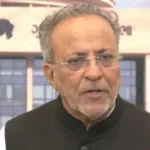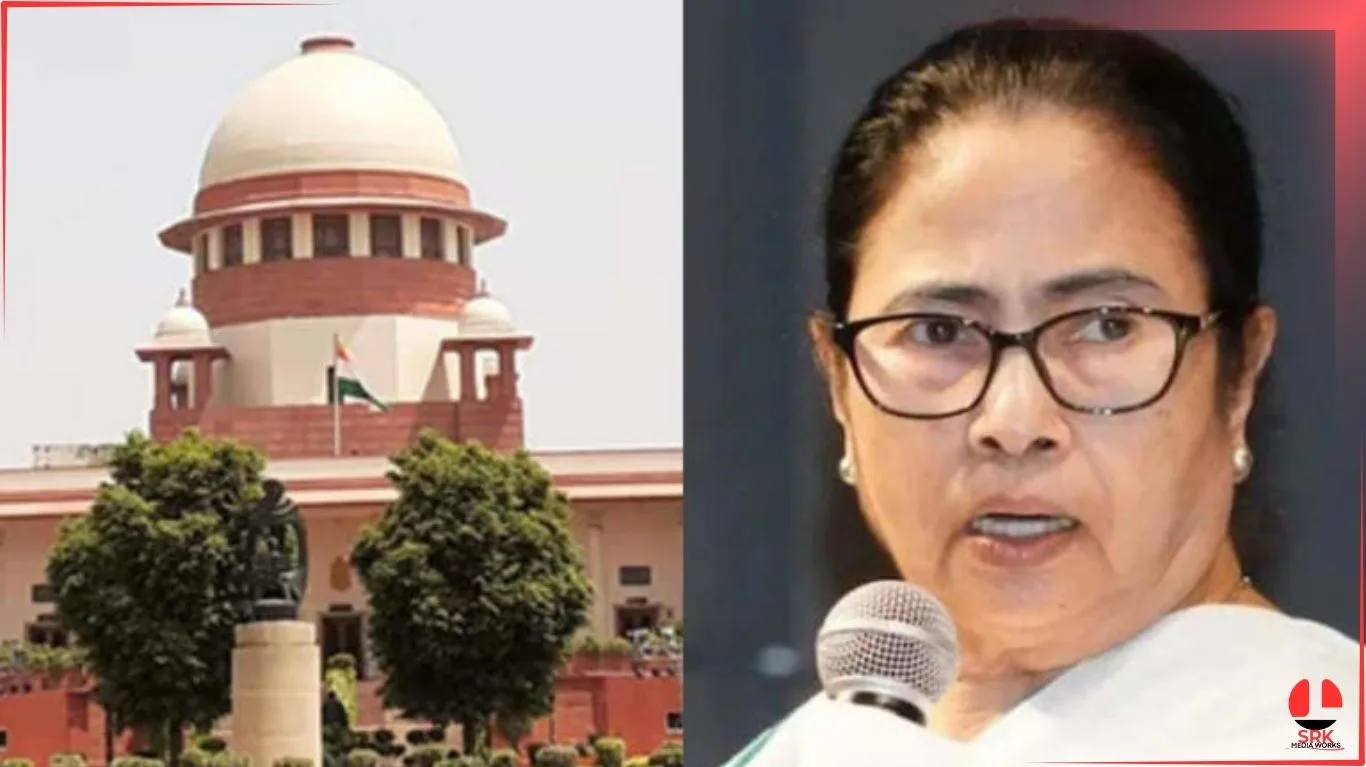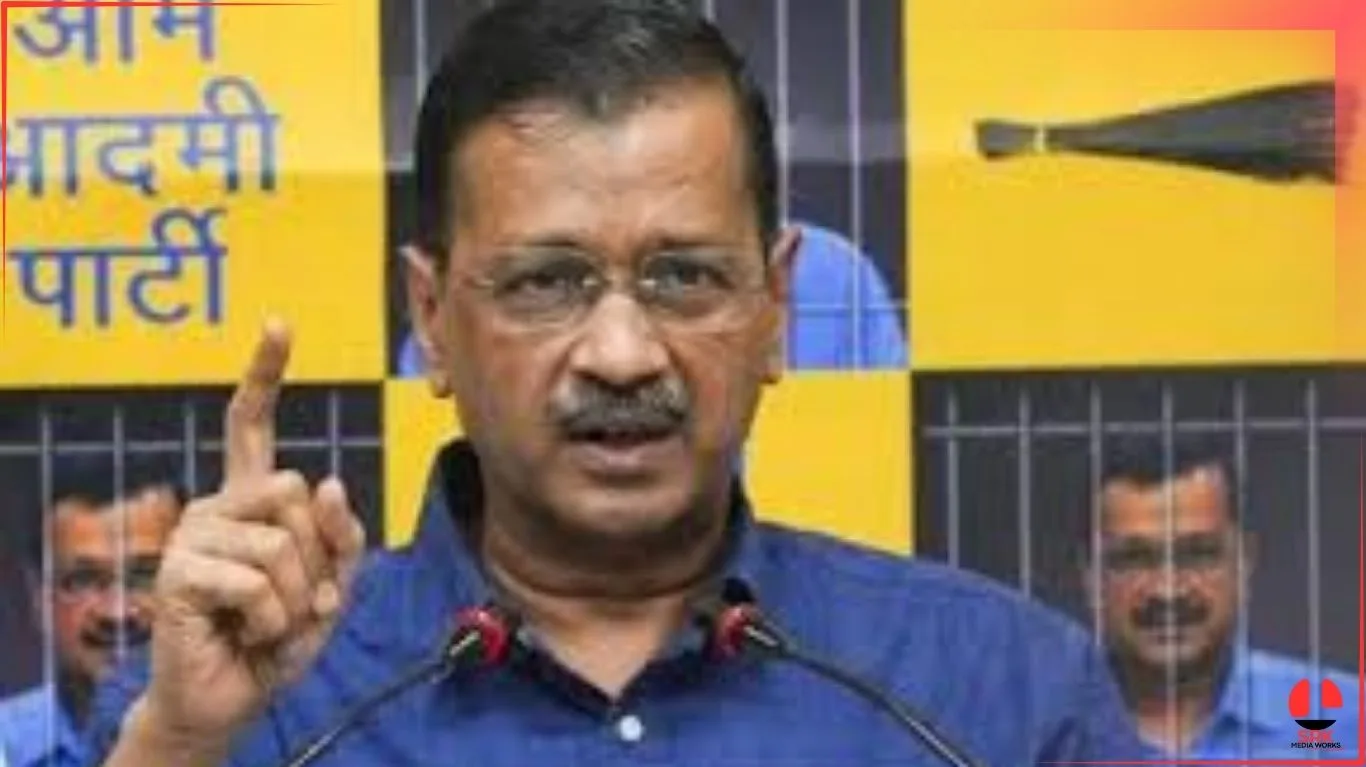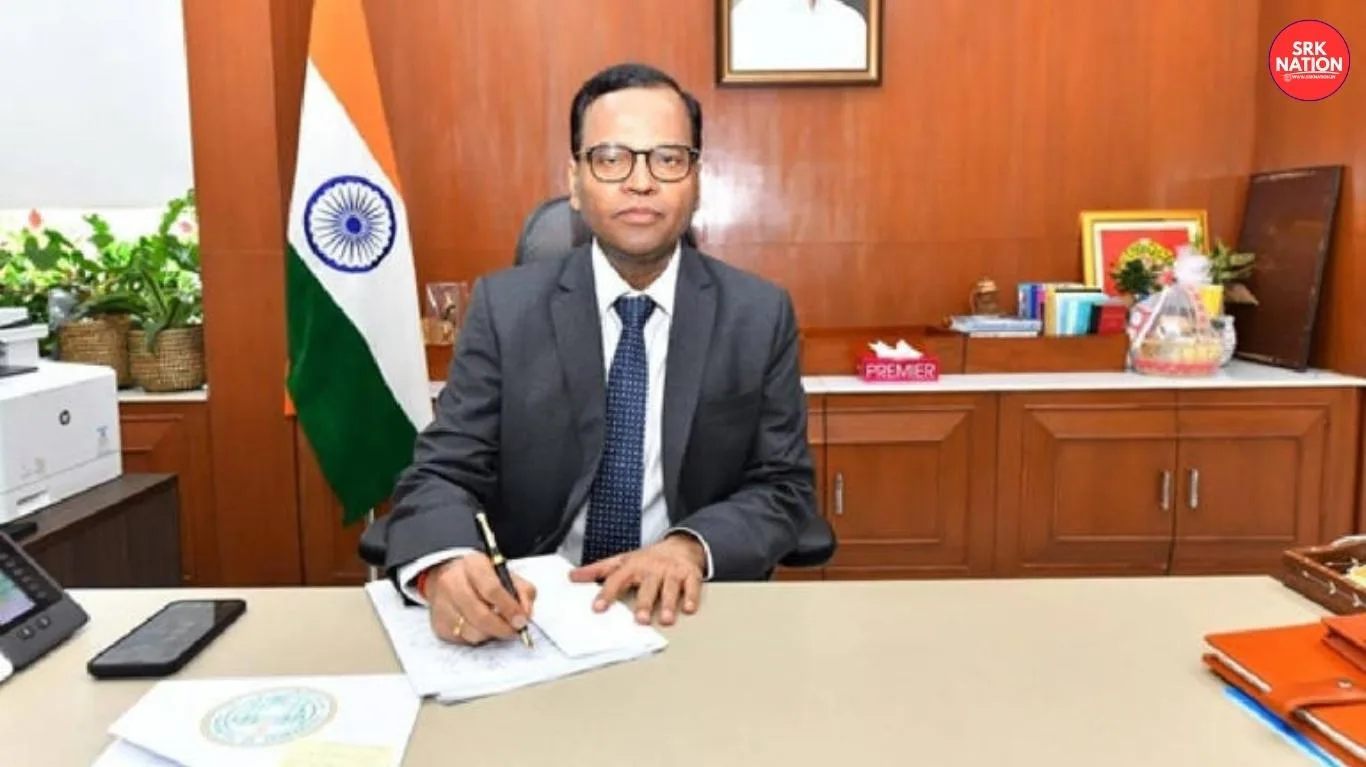In a shocking case of cybercrime targeting a senior political figure, Trinamool Congress (TMC) MP Kalyan Banerjee has reportedly lost ₹56.4 lakh after scammers gained unauthorized access to his dormant bank account at the State Bank of India’s High Court branch in Kolkata. The breach, which occurred in late October 2025, involved the use of forged Know Your Customer (KYC) documents, including a fake PAN and Aadhaar card with a morphed photograph of the MP.
According to official complaints filed by SBI and confirmed by Kolkata Police’s Cyber Crime Division, the fraudsters reactivated Banerjee’s dormant account—originally opened during his tenure as a West Bengal Assembly member from Asansol (Dakshin) between 2001 and 2006—and updated the KYC details to change the registered mobile number. This allowed them to reset the internet banking credentials and siphon off funds through multiple unauthorized transactions.
🔍 Key Details of the Cyber Fraud Targeting Kalyan Banerjee
| Attribute | Details |
|---|---|
| Victim | Kalyan Banerjee, TMC MP from Serampore |
| Amount Lost | ₹56.4 lakh |
| Bank Involved | State Bank of India (High Court Branch, Kolkata) |
| Fraud Method | Fake PAN and Aadhaar, morphed photo, KYC update |
| Date of Breach | October 28, 2025 |
| Investigation Agencies | Kolkata Police Cyber Crime Division, SBI Internal Audit |
The breach was discovered when bank officials noticed suspicious withdrawals and immediately alerted law enforcement.
📊 Timeline of Events in the Cyber Heist
| Date | Event Description | Outcome |
|---|---|---|
| Oct 28, 2025 | KYC details fraudulently updated | Mobile number changed, internet banking reset |
| Oct 29–30 | Multiple transactions executed | Funds transferred to various accounts |
| Nov 1, 2025 | SBI detects unauthorized activity | Complaint filed with Cyber Crime Division |
| Nov 3, 2025 | Kolkata Police begins probe | Account frozen, forensic audit initiated |
| Nov 7, 2025 | Public disclosure of incident | Political and public outrage |
The fraudsters reportedly used ATM withdrawals and interbank transfers to disperse the stolen funds.
🗣️ Reactions from Political and Banking Circles
| Stakeholder | Commentary Summary |
|---|---|
| Kalyan Banerjee | “This is a breach of trust and security. I expect swift justice.” |
| TMC Leadership | “We demand accountability and stronger cyber safeguards.” |
| SBI Officials | “We are cooperating fully with investigators and reviewing internal protocols.” |
| Cybersecurity Experts | “This case highlights the vulnerability of dormant accounts and outdated KYC systems.” |
The incident has sparked calls for stricter digital banking regulations and enhanced biometric verification.
📌 Strategic Implications for Cybersecurity and Banking
| Area | Potential Impact |
|---|---|
| Banking Security | Urgent need for multi-layered authentication |
| Political Sensitivity | Increased scrutiny of financial data protection |
| Regulatory Oversight | Push for RBI guidelines on dormant account handling |
| Public Trust | Erosion of confidence in digital banking systems |
The Reserve Bank of India may issue new directives following the outcome of this investigation.
📈 Comparative Snapshot – High-Profile Cyber Fraud Cases in India
| Year | Victim | Amount Lost | Method Used | Resolution Status |
|---|---|---|---|---|
| 2018 | Pune Businessman | ₹94 lakh | SIM swap, OTP interception | Arrests made |
| 2020 | Bollywood Producer | ₹38 lakh | Phishing email, fake payment link | Funds partially recovered |
| 2023 | Delhi Bureaucrat | ₹72 lakh | Fake UPI app, QR code scam | Case under trial |
| 2025 | TMC MP Kalyan Banerjee | ₹56.4 lakh | Fake KYC, dormant account breach | Investigation ongoing |
Banerjee’s case is one of the most politically sensitive cyber frauds in recent years.
📌 Conclusion
The cyber fraud targeting TMC MP Kalyan Banerjee has exposed critical vulnerabilities in India’s banking infrastructure, particularly around dormant accounts and KYC protocols. As investigations continue, the incident serves as a wake-up call for financial institutions, regulators, and policymakers to strengthen digital security frameworks. With political pressure mounting and public trust at stake, the resolution of this case will likely shape future cybersecurity norms in India.
Disclaimer: This article is based on publicly available news reports, official complaints, and verified media coverage. It is intended for informational and editorial purposes only and does not constitute legal or financial advice.











